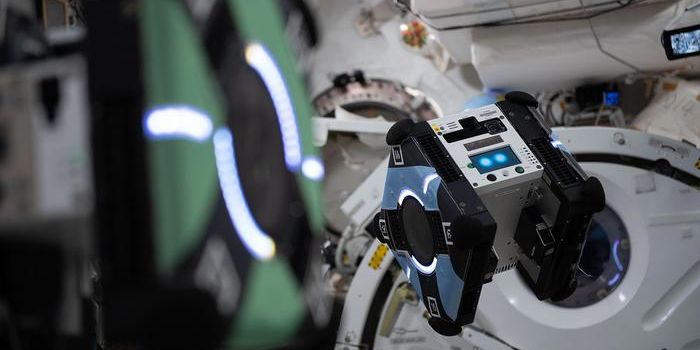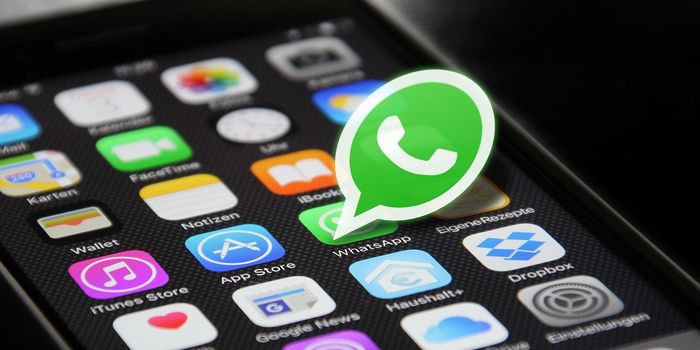Where Do Old Cell Phones Go?
Like many electronics, cell phones have complex make-ups and are not easily disassembled and reused. Even when we try to recycle them, pollution and waste can be part of the end result. This makes e-waste recycling somewhat of a myth, says Peter Holgate of Recode. So, what are the possible endings for the about 1.5 billion phones sold each year?
Throwing Phones Away
A large majority of Americans own smart phones – about 72 percent – and they are generally replaced about every 2.5 years. Some of the old phones we don’t need any more get stuffed in drawers and absentmindedly moved from one living situation to another, while some just get thrown away. Cell phones in the trash create dangerous chemical waste and account for about 70 percent of the toxic waste found in our landfills. North Americans produces 7.7 million tons of e-waste annually and in 2019, only about 15% or 1.15 million tons were recycled.
Recycling Phones
Cell phones and other electronics can be taken to some recycling centers. Ideally, these centers will check to see if the phones can be reused before shredding them up. If they are reusable, used American phones may go to a nonprofit that provides phones to communities without them or sold to secondary distributors in other countries.
Cell phones that can’t be reused are shredded at recycling centers and the metals are then melted in smelters. Unfortunately, this option produces air pollution. Also, in some cases, used American phones and other types of e-waste are shipped to countries overseas, where microentrepreneurs in developing countries process them. Sometimes this involves unregulated smelting, which creates dangerous pollution in their local communities. To learn more about where U.S. e-waste ends up around the globe, check out Basel Action Network’s E-Trash Transparency Project.
Selling Phones
Individuals with an old phone can sometimes return it to a retailer for money or a gift card. Amazon, Best Buy, Apple, and Samsung will buy back used phones, typically when undamaged. Online marketplaces like Craigslist and eBay are also popular options for selling older but functional phones.
Another risk associated with used phones with data on them is that if at any point they are discovered by hackers, they can be a source of serious identity fraud. “Fraudsters are persistent; if one source of illicit income goes away, they simply find another. And given the amount of personal data left on used smartphones, these devices can provide a veritable treasure trove of information for enterprising criminals,” says Monica Eaton-Cardone, co-founder and COO of Chargebacks911, a credit card fraud-prevention company. Most phone manufaturers offer guides on how to safely remove the personal data from your phone before parting with it.
Using Modular Phones
When phones are made of easily separable parts, it can be simpler to repair or upgrade them. For example, Fair Phone is a company that offers a modular smartphone with “easy repairs and replaceable modules … conflict-free tin, tungsten and tantalum and Fairtrade gold” and a recycling program. Conflict-free and transparent sourcing is important to many consumers who are aware of the human rights and labor violations associated with mining minerals for smart-phones in areas such as the Democratic Republic of Congo (DRC).










